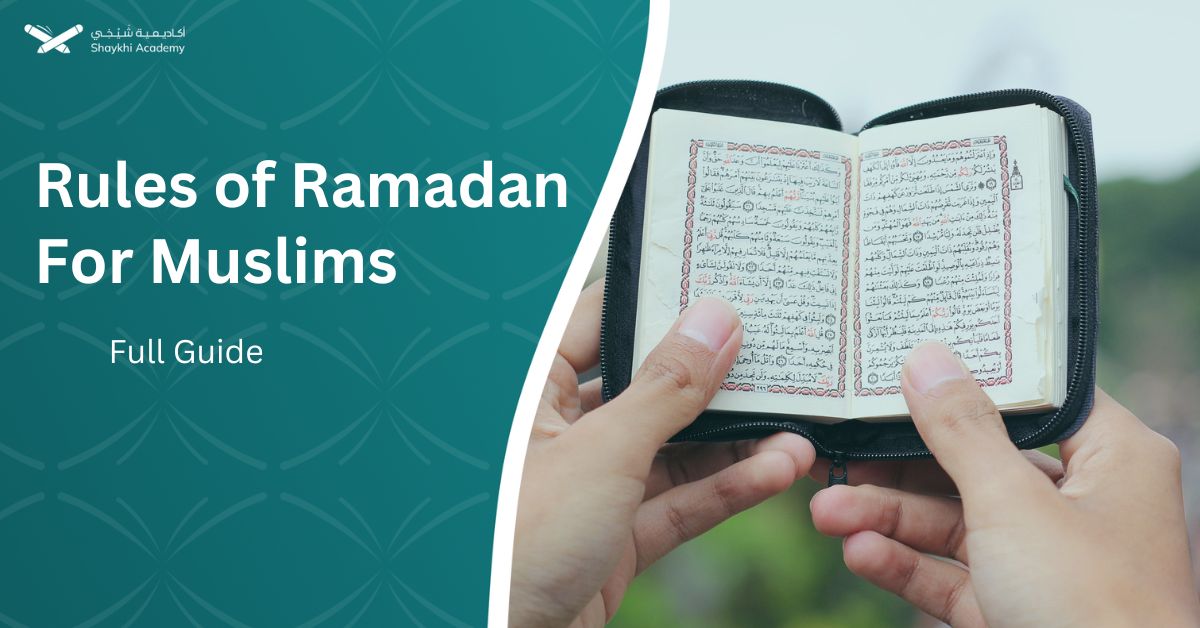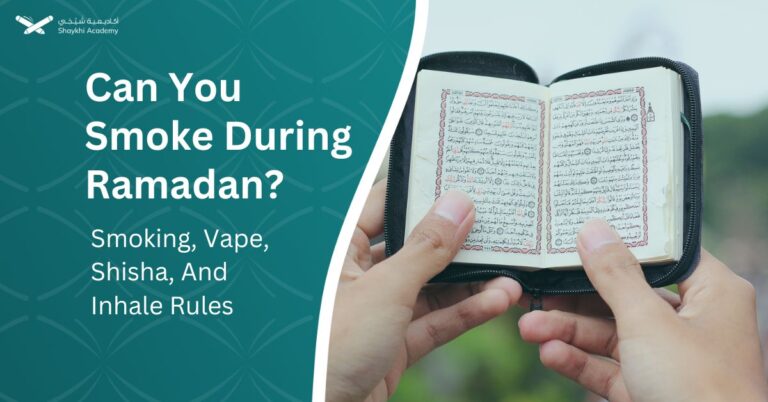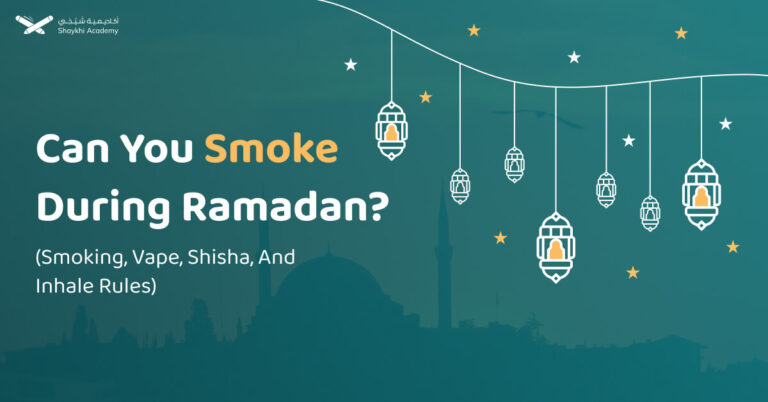Ramadan, the holiest month in Islam, is a time of fasting, prayer, and spiritual renewal, marking the Quran’s revelation to Prophet Muhammad (PBUH). Muslims worldwide abstain from food, drink, and worldly distractions from dawn to sunset, fostering self-discipline, gratitude, and empathy for the less fortunate.
Beyond its religious significance, Ramadan offers physical and mental benefits, purifying both body and soul. The lunar calendar determines its shifting dates each year, with Laylat al-Qadr as its most sacred night and Eid al-Fitr celebrating its end. More than a ritual, Ramadan is a journey of faith, reflection, and community.
What is Ramadan?
Ramadan is the ninth month of the lunar year. The month of Ramadan gains its importance from the fact that it is the month in which Allah Subhanahu wa ta’ala revealed the Quran to the Prophet Muhammad Peace and Blessings Be Upon Him.
Additionally, Ramadan is the month in which Muslims are obliged to perform fasting, which is the fourth fundamental pillar of Islam.
Allah Subhanahu wa ta’ala said in the Quran:
“The month of Ramadhan [is that] in which was revealed the Qur’an, a guidance for the people and clear proofs of guidance and criterion. So whoever sights [the new moon of] the month, let him fast it; and whoever is ill or on a journey – then an equal number of other days. Allah intends for you ease and does not intend for you hardship and [wants] for you to complete the period and to glorify Allah for that [to] which He has guided you; and perhaps you will be grateful”. (Verse 185, surah Al-Baqarah)
When is Ramadan 2025?
Ramadan is the ninth month of the Islamic lunar calendar, falling between Shaban and Shawwal, and is considered one of the holiest months in Islam. It leads up to the celebration of Eid al-Fitr, a feast marking the end of the fast.
For 2025, the moon sighting to signal the start of Ramadan will occur on the night of Sunday, March 9th. Based on these observations, Ramadan is expected to begin on either Monday, March 10th, or Tuesday, March 11th, 2025, depending on the moon sightings in each country.
Key Dates for Ramadan 2025
- Eid al-Fitr (Festival of Breaking the Fast): Expected on Wednesday, April 10th, 2025
- Start of Ramadan: Sundown on Sunday, March 9th, or Monday, March 10th, 2025 (depending on moon sighting)
- Laylat al-Qadr (Night of Power): Expected on the evening of Monday, April 7th, 2025
What is Ramadan Actually About?
Ramadan is a sacred month in Islam that emphasizes spiritual reflection, self-discipline, and devotion to Allah. It is about abstaining from food, drink, and other physical needs from dawn until sunset as an act of worship and self-control. Beyond fasting, Ramadan is also about increasing acts of worship, such as prayer, reading the Quran, and engaging in charitable deeds.
Ramadan is a time for Muslims to seek forgiveness, strengthen their relationship with Allah, and cultivate empathy and compassion towards others. Ultimately, Ramadan is a period of spiritual growth, renewal, and connection with one’s faith, community, and Creator.
Islamic faith is all about the complete submission to the will of God. Hence; Muslims lovingly follow the obligations of Allah even without obviously realizing the wisdom behind them.
Why do the Dates of Ramadan change every year?
The dates of Ramadan change every year in relation to the Christian calendar since the Hijri month (Lunar month) is either 29 or 30 days depending on whether or not the crescent moon of the new month could be detected by scholars.
Hence, a lunar year usually ranges from 354 to 355 days, unlike the solar year (Christian year) which is either 365 or 366 days.
Why Is Ramadan Important?
Ramadan holds immense importance as it serves as a spiritual journey that purifies both the body and soul. Through fasting, Muslims not only detoxify their bodies but also cleanse their hearts from negative traits like envy and pride, aligning their desires with the will of Allah.
Ramadan fosters sincerity and a constant awareness of Allah’s presence, while also instilling empathy towards the less fortunate. Additionally, beyond its spiritual significance, Ramadan fasting offers notable health benefits, including weight loss and improved blood sugar control, underscoring its holistic impact on well-being.
Here is the top importance in details:
1. Fasting Purifies the soul
In addition to purifying our bodies from toxins, Ramadan fasting also purifies our souls. It helps us overcome the diseases of the heart including envy, anger, greed, pride, and others.
2. Putting God’s Pleasure above one’s own desires
One of the morals behind fasting is being free from slavery to matter. During fasting Muslims abstain from pleasures that are considered Halal (allowed) during the rest of the year. This helps them prioritize the will of Allah over their personal pleasures.
3. Learning Sincerity and Observing God Almighty
Fasting reminds us that Allah Almighty is always watching us. It helps us develop a sense of observance (also known as Muraqabah). In other words, fasting as a worship entails a great deal of sincerity and watchfulness of Allah in secret as well as in public.
4. Sympathizing With the Less Fortunate People
Fasting makes us appreciate the blessings of Allah. Feeling hungry reminds us of how poor people need our help and support, and raises our sense of responsibility towards the poor and less fortunate people.
5. Health Benefits of Ramadan Fasting
Recently, many studies have shown the numerous health benefits of fasting. These benefits include loss of weight, controlling blood sugar levels, prevention of cancer, as well as protection against neurodegenerative diseases.
How does Ramadan end?
After the sunset prayer of the twenty-ninth day of Ramadan, Muslim scholars in each country detect the crescent moon of Shawwal. In case the crescent is seen, this means that Ramadan has ended and that the Al-Fitr feast is on the next day.
Want to Learn More? Join Shaykhi Today!
If you are a new Muslim, or even a non-Muslim who is eager to discover more about Islam. Do not miss the chance! Join us now, or scroll down through our wide range of online Islamic studies courses and choose the one that suits you best.
If you have any inquiries concerning our online programs, do not hesitate to reach out to Shaykhi Online Academy’s student support center for further help.

Summary
Ramadan, the ninth month of the Islamic lunar calendar, holds deep spiritual significance as the time when the Quran was revealed to Prophet Muhammad (PBUH). It is a month of fasting, reflection, and devotion, where Muslims abstain from food, drink, and other physical needs from dawn to sunset.
Beyond its religious obligations, Ramadan cultivates self-discipline, sincerity, and empathy, encouraging believers to strengthen their connection with Allah and support those in need. The start and end of Ramadan depend on the sighting of the crescent moon, with Eid al-Fitr marking the conclusion of the fast.
The shifting dates of Ramadan each year follow the lunar calendar, making the month approximately 10–11 days earlier each year in the Gregorian calendar. Fasting not only purifies the soul by fostering patience and gratitude but also offers health benefits, such as improved metabolism and blood sugar control.
The highlight of the month is Laylat al-Qadr, a night of immense blessings. Ramadan ultimately serves as a period of spiritual renewal, encouraging personal growth, increased worship, and a heightened sense of community and generosity.
The month of Ramadan carries a breeze of mercy and blessings to which Muslims should expose themselves. It is a chance to revive our Iman and achieve the forgiveness of Allah.
Learning the rules and regulations of Ramadan helps you make the best out of this holy month and become one of the winners of the treasures of blessings and rewards that Allah Subhanahu wa ta’ala promised.

















































